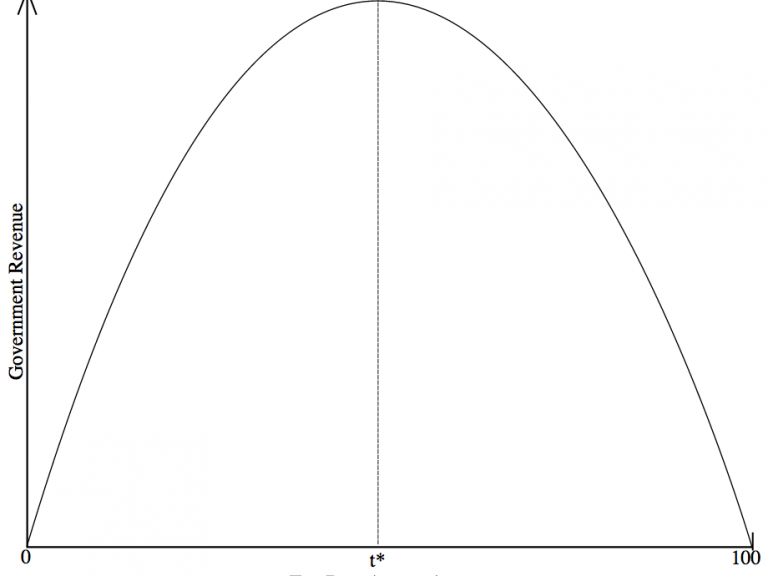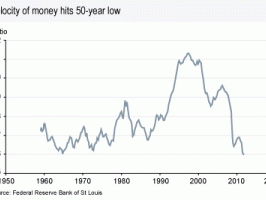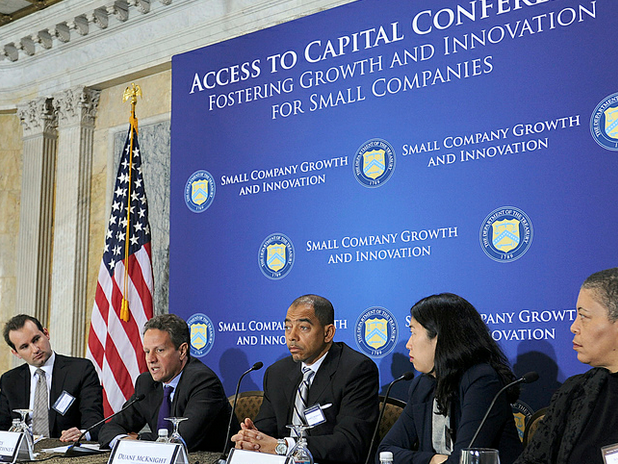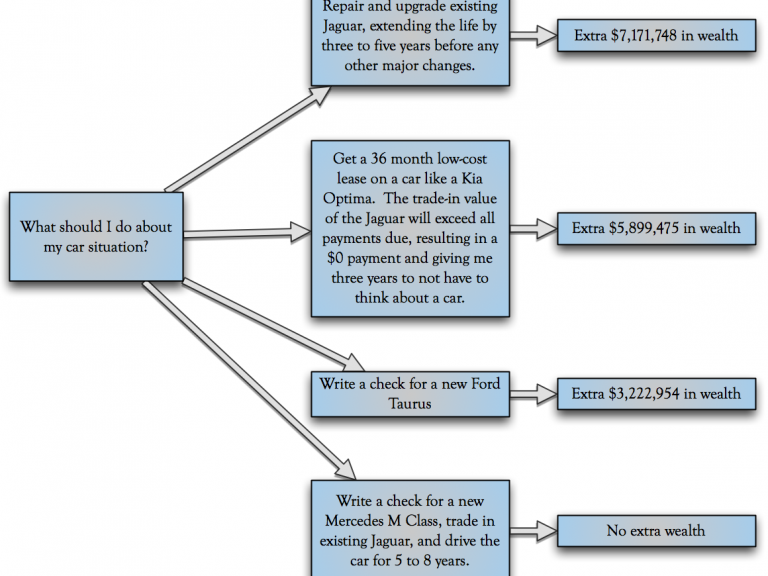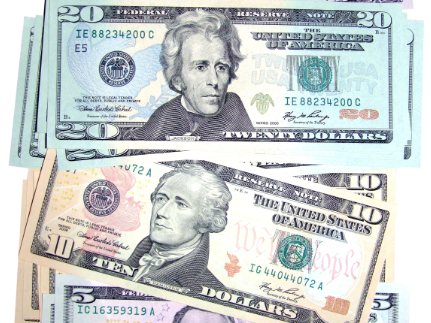[vc_row][vc_column][vc_column_text css_animation=”none”] [/vc_column_text]
[/vc_column_text]
Imagine you have a friend. You do everything for him. You don’t feel like he’s particularly responsible, but you still help him pay off his credit card debt, drive him to work, help him study, and take him to the free clinic when he shows up on your doorstep after a night of binge drinking.…
The velocity of money is one of the most important economic concepts you can ever learn. It isn’t perfect, and it doesn’t fully capture vital influences on the way a nation’s money supply behaves as driven by behavioral economic considerations such as mass panic, fear, overoptimism, et cetra, but it does have very important implications…
In a couple of weeks, we will see the three year anniversary of the end of the Great Recession, which was the worst economic crisis to hit the United States since the 1930’s and ran from December of 2007 through June of 2009. (For those of you who aren’t familiar with the definition of the…
The great thing about making decisions in life through the lens of decision trees and opportunity cost is that it allows you to focus on what you actually want. You tend to protect yourself against giving up what you really want for what you want right now. Everything in life has an opportunity cost. It doesn’t…
I am going to give you a brief economics lesson in a few short minutes. Economists like to make things hard but for those of you wanting to know why Greece, and the Euro, continues to be such a problem for the world, here is a breakdown. It isn’t nearly as difficult as you might…
I have been hearing a lot of grumbling lately from friends and fellow gamers about the cost of video games. The economist in me cringes when an otherwise rational person jumps into a diatribe on the state of video game pricing and the various console wars because it reminds me of those people who insist that gas is at an all-time high, even when the inflation-adjusted cost of traveling one mile is less than it was in the 1950s. Listening to it makes me realize how thoroughly our education system has failed at producing rational, informed citizens capable of competing in the information age where knowledge is power.
How Many People Earn More than $1,000,000 Per Year In the United States? This mail bag question deals with a sub-specialty of the top 1%; those earning more than $1,000,000 per year, or $83,333 per month, often in the form of dividends, interest, and rents. How many people earn more than $1 million a year…
Mental Model: Economies of Scale If you ever took an economics course, you are familiar with the concept of economies of scale. In its simplest form, economies of scale is a phenomenon whereby the efficiency of a large scale producer allows it to spread out the high cost basis of its capital expenditures over a…
In economics, it helps to ask the questions, “What is really going on? What is the heart of what we are discussing?”. It surprises me that things most familiar are most often taken for granted and, in many cases, not understood very well. By reframing things through that lens, decisions often become clearer. Consider the…
I’ve been thinking a lot about free trade, labor unions, American manufacturing, and free markets for the past few weeks. You know that, on the whole, American manufacturing is still as strong as it was in 1960. We still produce roughly $20 out of every $100 of world goods. The difference? Technology and, to a…
[vc_empty_space][vc_column_text css_animation=”none”]

[/vc_column_text][/vc_column][/vc_row]



